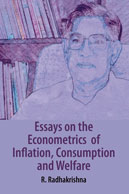New Releases...
Download Catalogue...
Download Excel Data
Download PDF Catalogue
You will get a Excel file with detail about catalogue.
You will get PDF file with detail about catalogue.
Detailed info...
Food Security in Asian Countries
in the context of Millennium Goals
Vijay Shankar Vyas
About the Book
<p>Practically all countries of Asia have pledged at the national as well as international level to reduce the number of hungry and food insecure. A concrete step in this direction was taken in the World Food Summit in Rome, in 1996, when the nations resolved to reach the goal of food security. It was further reiterated at the Millennium Summit held in New York in 2000 where the United Nations adopted the Millennium Declaration, which contains goals and targets in important areas of human development. One of these goals is to eradicate extreme poverty and hunger.</p>
<p><br />
This particular study aimed to examine the results of the efforts to achieve food security in Asian Countries in the context of Millennium Goals. Having adopted the basic premise that factors determining food security can be best understood at the country level, the study was based on country case studies: two least developed countries (Cambodia and Nepal), two medium-income countries undergoing fast structural changes (Indonesia and Thailand), and one large and fast developing country (India).</p>
<p><br />
Despite differences in their initial conditions (society, economy, and polity), and the varying experiences in pursuing their respective goals and strategies for the attainment of food security, the five country case studies have yielded most valuable lessons, particularly in the form of initiatives that have wider if not universal applicability.</p>
<p><br />
These lessons range from general to more specific situations that is, from augmenting agricultural production, eliminating seasonal hunger, and aiming for nutritional security, to provide for food security during and after natural calamities. Together these vast and varied lessons provide a basis for vital policy recommendations for food security. An emphasis was also given to the scope for regional cooperation. The country case studies demonstrate that certain measures have regional implications for know-ledge sharing, conservation and proper use of natural resources.</p>
<p><br />
However, in identifying both the problems and prospects, this policy synthesis will serve both - to raise wider regional awareness of the issue and point to certain possible policy directions. With the commitment of the policy makers in all countries of the region and experience of working of a variety of programmes addressed to achieve food security, the countries of the region should not be satisfied only with the elimination of hunger. They should now strive to ensure a healthy and productive life for each citizen in the country. It is a difficult but not an impossible goal given all the favourable factors at the country and the regional level.</p>
About the Author(s) / Editor(s)
<p><strong>Vijay Shankar Vyas,</strong> Professor Emeritus, Institute of Development Studies, Jaipur is member of the Central Board of Directors of Reserve Bank of India (RBI) and National Bank for Agriculture and Rural Development (NABARD), and a former member of the Economic Advi-sory Council to the Prime Minister of India.</p>
<p><br />
Prof. Vyas, Ph.D. in Economics from Bombay University, taught in Bombay University, Sardar Patel University and Institute of Management, Ahmedabad. He was a visiting scholar at the Boston University, U.S.A.</p>
<p><br />
He has served as Chairman / Member of various Boards, Committees and Commissions at the International, National and State Levels. He served as a member of the Board of Trustees of the International Food Policy Research Institute (Washington, U.S.A), member of the Governing Board of the Institute of Development Studies of Sussex University (U.K), member of the National Commission on Integrated Water Plan-ning, member of the Scientific Advisory Committee to the Cabinet, and Member Agricultural Prices Commission of the Government of India.</p>
<p><br />
Prof. Vyas has written extensively on key issues of agricultural policies and rural development, and has been honoured by academic community in India and abroad.</p>
<p><br />
He is an elected Honorary Life Member of the International Association of Agricultural Economists and is also a Fellow of the National Academy of Agricultural Sciences in India.</p>
<p><br />
The Asian Development Research Forum (ADRF) was initiated in 1997 with the support of Canada's International Development Research Centre (IDRC) to facilitate the use of development and policy research as a tool for national development. Now, ADRF is managed by The Thailand Research Fund (TRF) and organized in the form of a regional network of researchers, research managers, policy-makers, and other stake-holders, with a focus on East, Southeast, and South Asia. ADRF has not directly supported, or engaged in, research: its strategy is rather to encourage policy syntheses and recommendations based on existing research works in five main issue-areas; (1) Demographic Changes and Demographic Dividend in Asia; (2) Regional Production Networks and Implications for (Domestic) Trade and Investment Policies and Regional Cooperation in Asia; (3) Energy Security on the Demand Side: Energy Conservation and Renewable Energy Promotion Policies; (4) Food Security in Asia -- Meeting the Millennium Goals; and (5) Policy and Planning of Tourism Product Development in Asian Countries. </p>
<p><br />
It is anticipated that cooperation in working out policy syntheses and recommendations will not only strengthen Asian cohesion but also result in their actual implementation in the network member countries and thereby directly benefit them. This collaborative enterprise allows each network member country freedom in adopting and utilizing synthesis information, policy recommendations and other tools as it sees fit. The policy recommendations of the five main issue-areas is available at www.adrf.org</p>
<p> <br />
The International Development Research Centre (IDRC) is a public corporation created by the Parliament of Canada in 1970 to help developing countries use science and technology to find practical, long-term solutions to the social, economic, and environmental problems they face. Support is directed towards developing an indigenous research capacity to sustain policies and technologies developing countries need to build healthier, more equitable, and more prosperous societies. IDRC's catalogue of publications is available at www.idrc.ca/booktique.</p>
Contributors
<p><strong>Vijay S. Vyas</strong><br />
Chairman & Professor Emeritus Institute of<br />
Development Studies Jaipur, Rajasthan, India.</p>
<p><br />
</p>
<p><strong>Vidya Sagar</strong><br />
Senior Fellow, Institute of Development Studies Jaipur, Rajasthan, India.</p>
<p> </p>
<p> <br />
<strong>H.S. Dillon</strong><br />
Executive Director of Center for Agricultural Policy Studies;<br />
Commissioner of National Commission on Human Rights, Indonesia.</p>
<p> </p>
<p> <br />
<strong>Marcellus Rantetana </strong><br />
Executive Director of Partnership for Governance<br />
Reform, Indonesia</p>
<p> </p>
<p><br />
<strong>Yongyout Kachondham</strong><br />
Senior Technical Advisor, Thai Health Promotion<br />
Foundation, Bangkok, Thailand</p>
<p> </p>
<p><br />
<strong>Nantaporn Viravathana</strong><br />
Managing Director, Phramongkutklao College of Medicine<br />
and Office of HRH Princess Maha Chakri Sirindhorn's Projects, Thailand</p>
<p> </p>
<p> <br />
<strong>Nhean Choch</strong><br />
Deputy Bureau Chief for International Cooperation, Cambodia</p>
<p> </p>
<p><br />
<strong>Sarthi Acharya</strong><br />
Director, Institute of Development Studies, Jaipur, Rajasthan, India</p>
<p> </p>
<p><br />
<strong>Bal Gopal Baidya</strong><br />
Senior Research Associate, New ERA, Nepal</p>
Print Brochure...
Print as it is
Customised brochure
You will get a printout of what you see on your screen under 'Detailed Info'(Uneditable).
You will have the opportunity to edit the text and adjust the extent to fit on A4 size sheet or more accordingly as you desire. Plus, you can download the edited/customised Brochure or simply print it (CTRL + P).


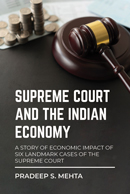



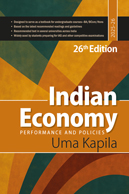
-web-194.jpg)
-front.jpg)
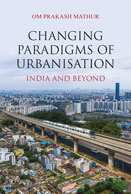






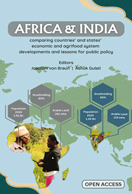
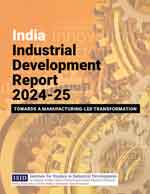
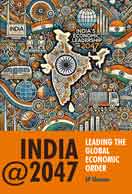
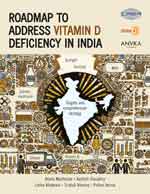
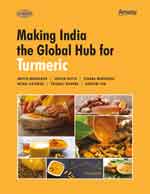
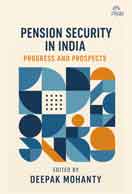
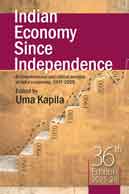
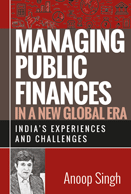
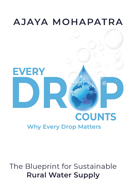
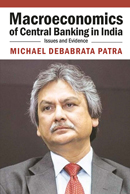

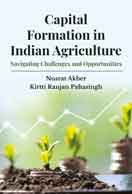











-COVER-web-194.jpg)





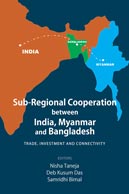






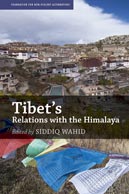



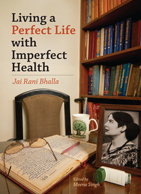












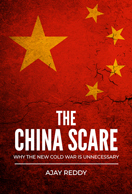
.jpg)






